Assisted Reproductive Technology (ART) and In Vitro Fertilisation (IVF) are among the most effective treatments available for overcoming fertility challenges. Our experienced team is here to provide personalised, compassionate care, using the latest technologies to help you achieve your dream of having a baby.
Assisted Reproductive Technology encompasses various medical procedures used to address infertility. These techniques assist in the fertilisation of eggs, implantation, and ultimately, pregnancy.
ART includes methods such as IVF, intrauterine insemination (IUI), and other advanced reproductive techniques.
IUI involves placing prepared sperm directly into the uterus during ovulation, increasing the chances of fertilisation.
Donor insemination uses sperm from a donor to achieve pregnancy. It is a valuable option for:
In Vitro Fertilisation is one of the most common and effective forms of ART. IVF involves combining eggs and sperm outside the body in a laboratory dish to create embryos. The embryos are then transferred to the uterus with the hope of achieving a successful pregnancy.
IVF is recommended for a variety of fertility issues, including:
For those requiring additional assistance to build their family, third-party reproduction includes:
Donor eggs are an option for individuals or couples who cannot use their own eggs due to medical conditions, age, or genetic concerns.
This pathway is often chosen by:
The Process:
Advantages of Donor Eggs:
Who Can Benefit?
Donor eggs are suitable for:
Donor sperm is a family-building option for individuals and couples who are unable to conceive using partner sperm or for those who do not have a male partner. This option is often chosen by:
The Process:
Advantages of Donor Sperm:
Who Can Benefit?
Donor sperm is suitable for:
Surrogacy provides an option for individuals or couples who are unable to carry a pregnancy themselves due to medical or anatomical reasons. It involves a gestational carrier who carries and delivers a baby conceived through ART for the intended parents.
The Process:
Advantages of Surrogacy:
Who Can Benefit?
Surrogacy is an option for:
At MIGYNAE, we understand the emotional and physical challenges of infertility and the diverse pathways to parenthood. Families come in all forms, and whether you are a single individual, a same-sex couple, or part of a heterosexual couple, our ART and IVF services are tailored to meet your unique needs and goals.
We are proud to partner with Genea Fertility, a leader in advanced reproductive technologies, to offer world-class care and support. Together, our team and Genea’s specialists provide access to cutting-edge treatments in a supportive and nurturing environment. By combining MIGYNAE’s expertise in gynaecological care with Genea’s proven excellence in fertility solutions, we are committed to helping you achieve your dream of parenthood.
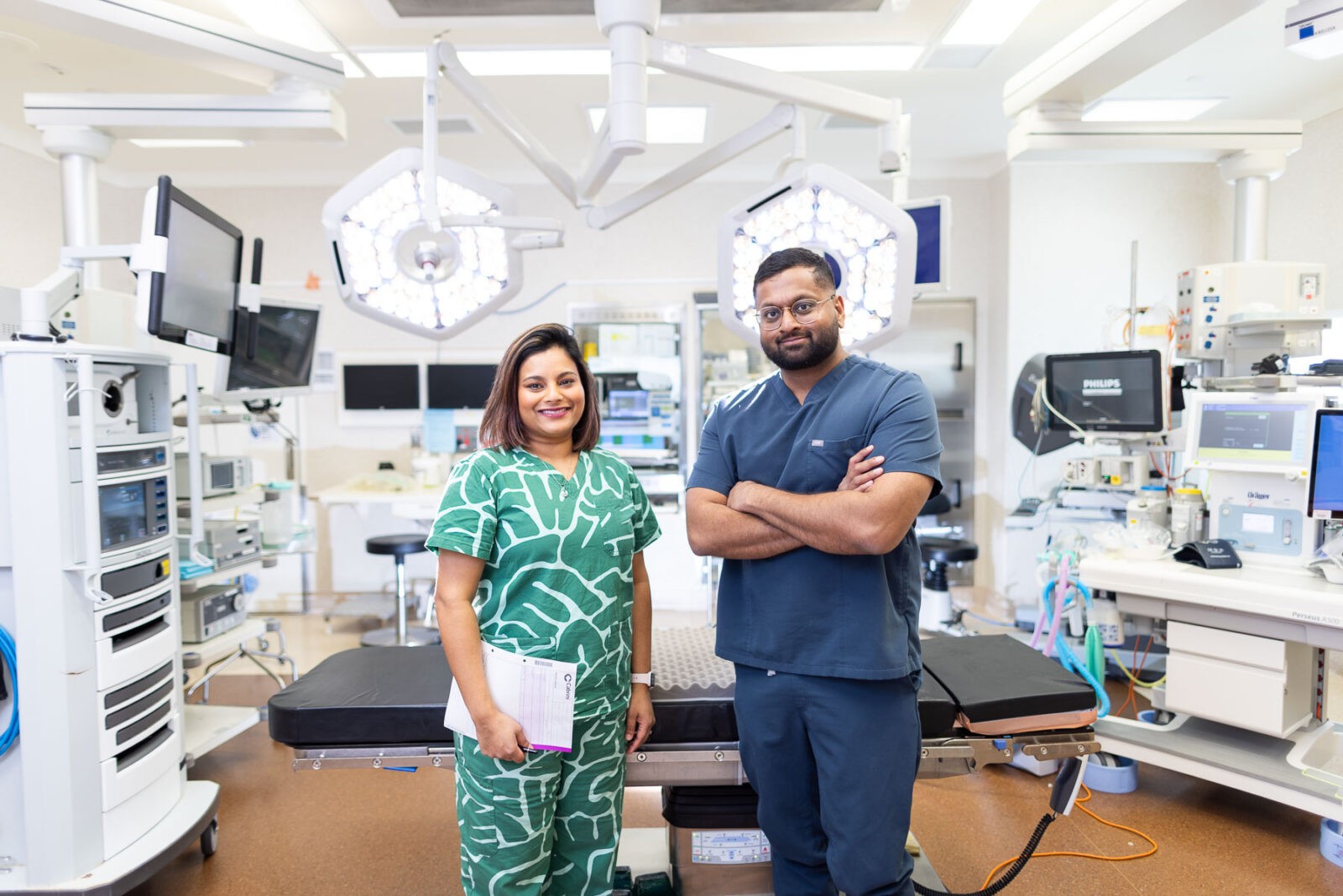
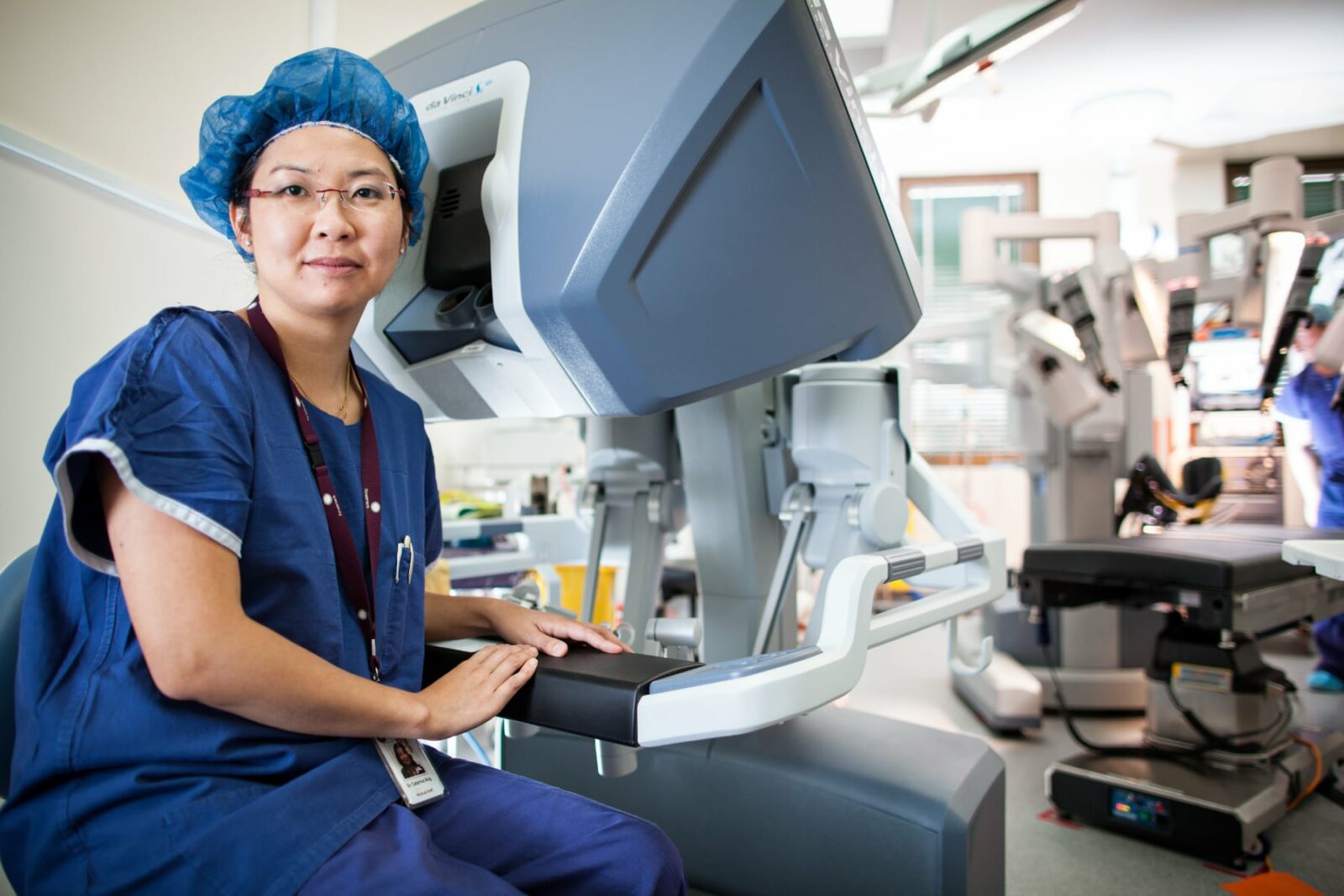
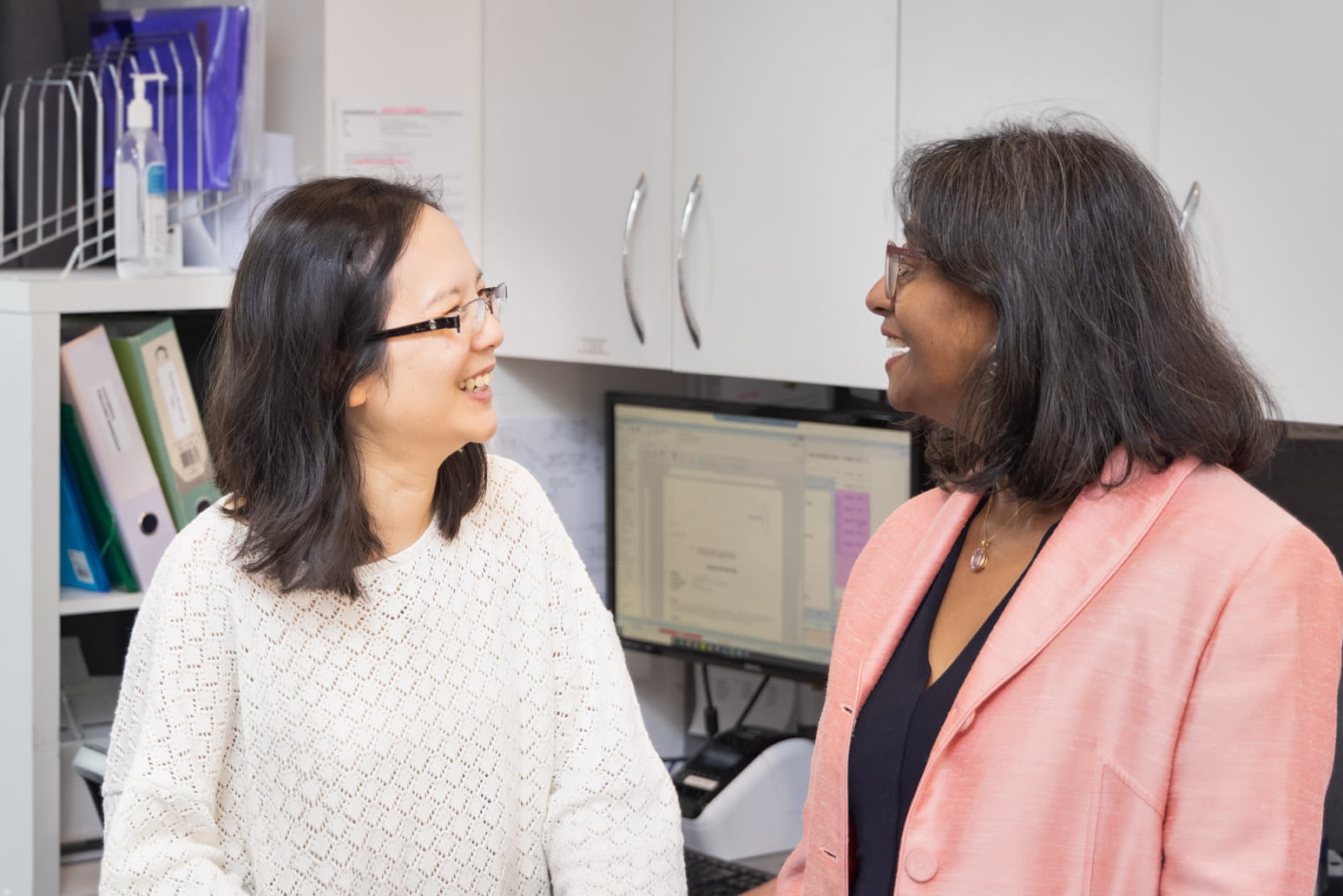
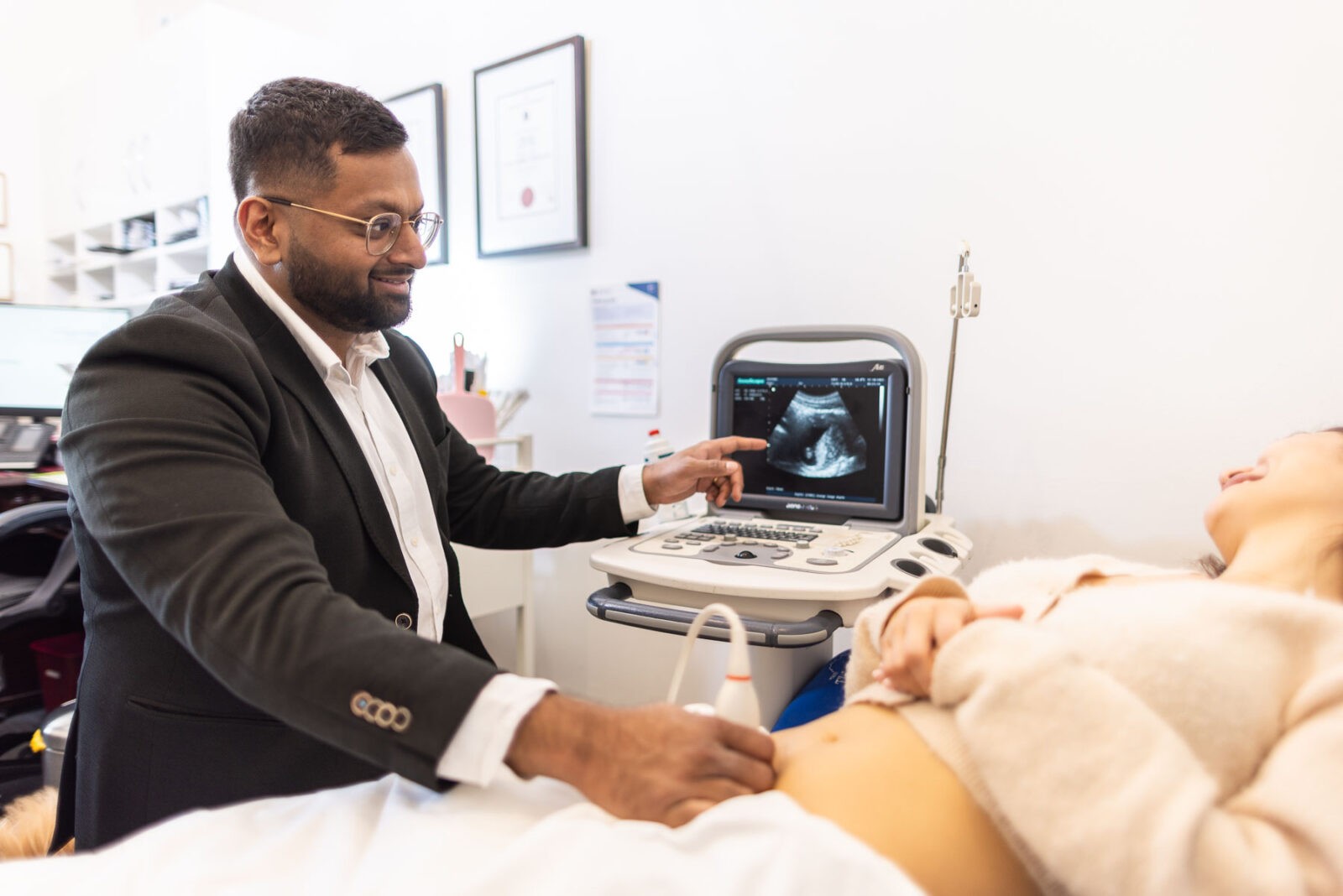
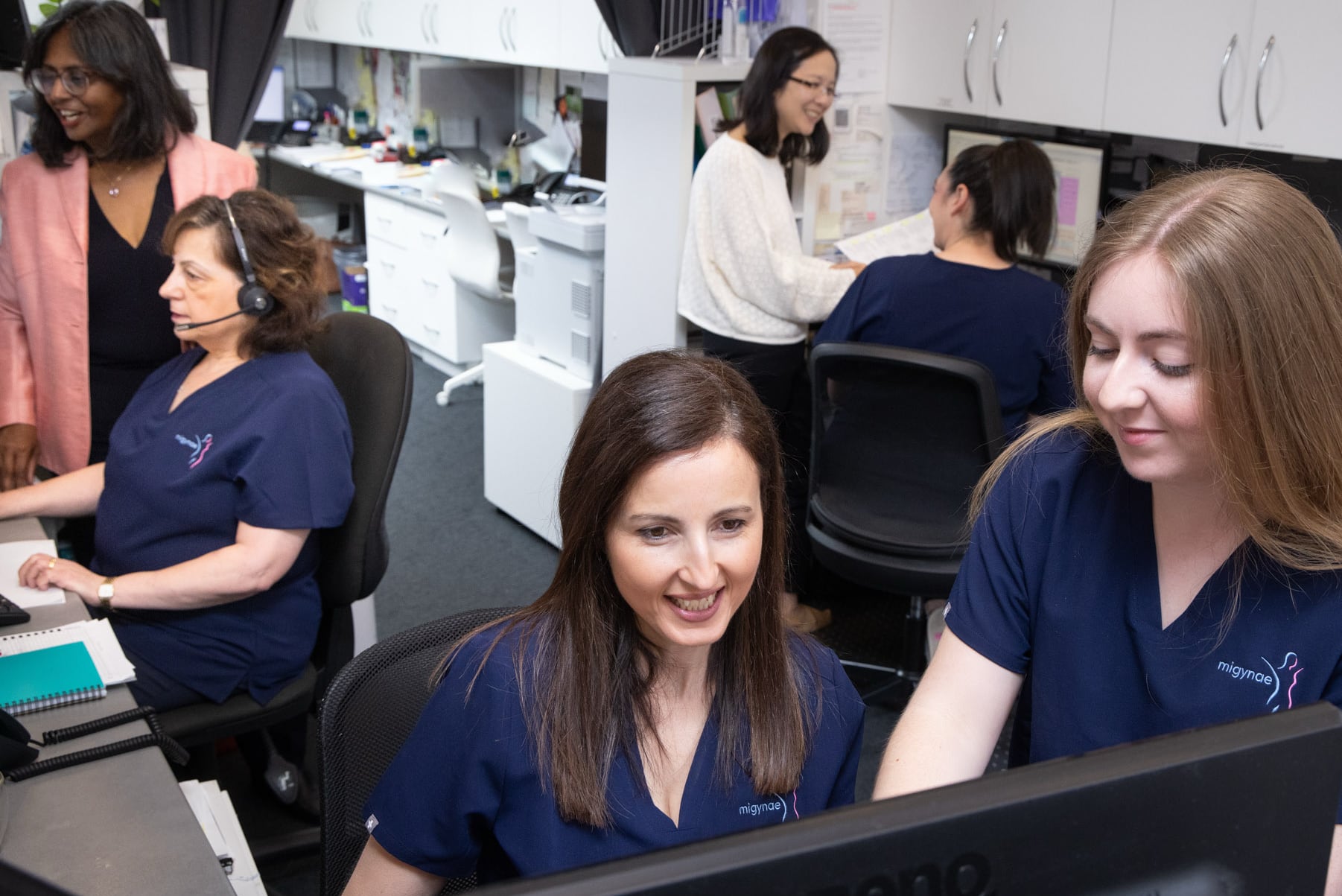
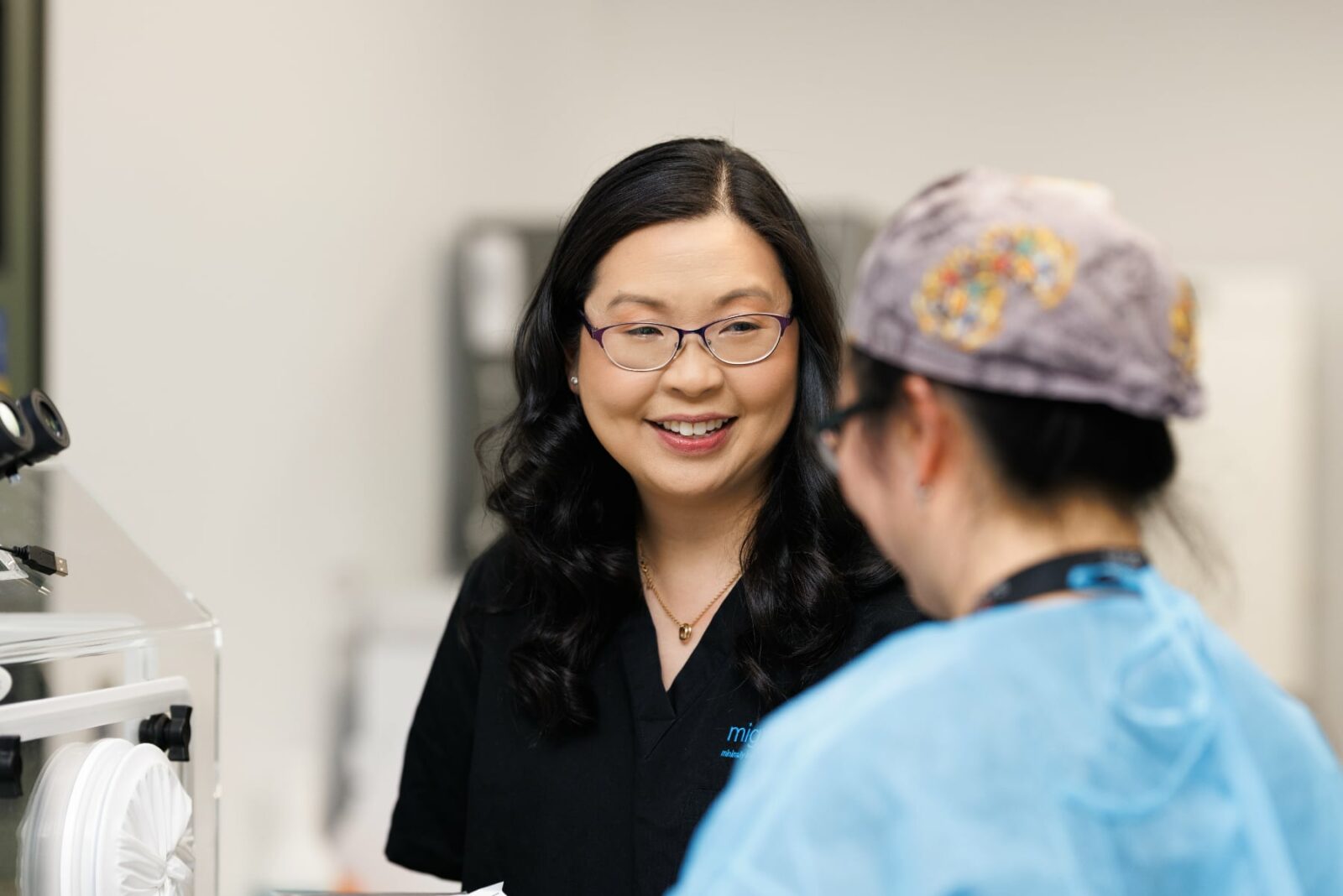
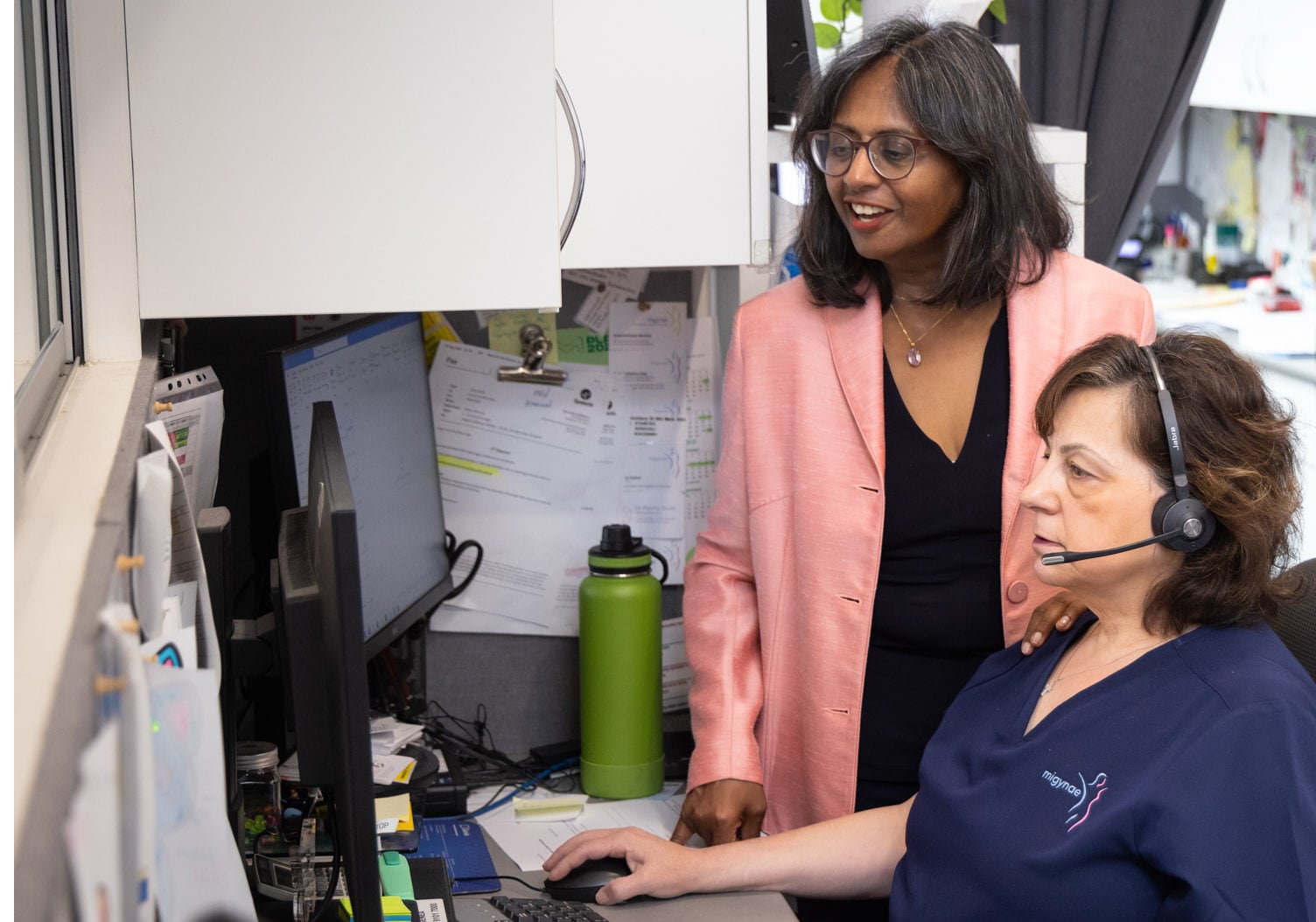
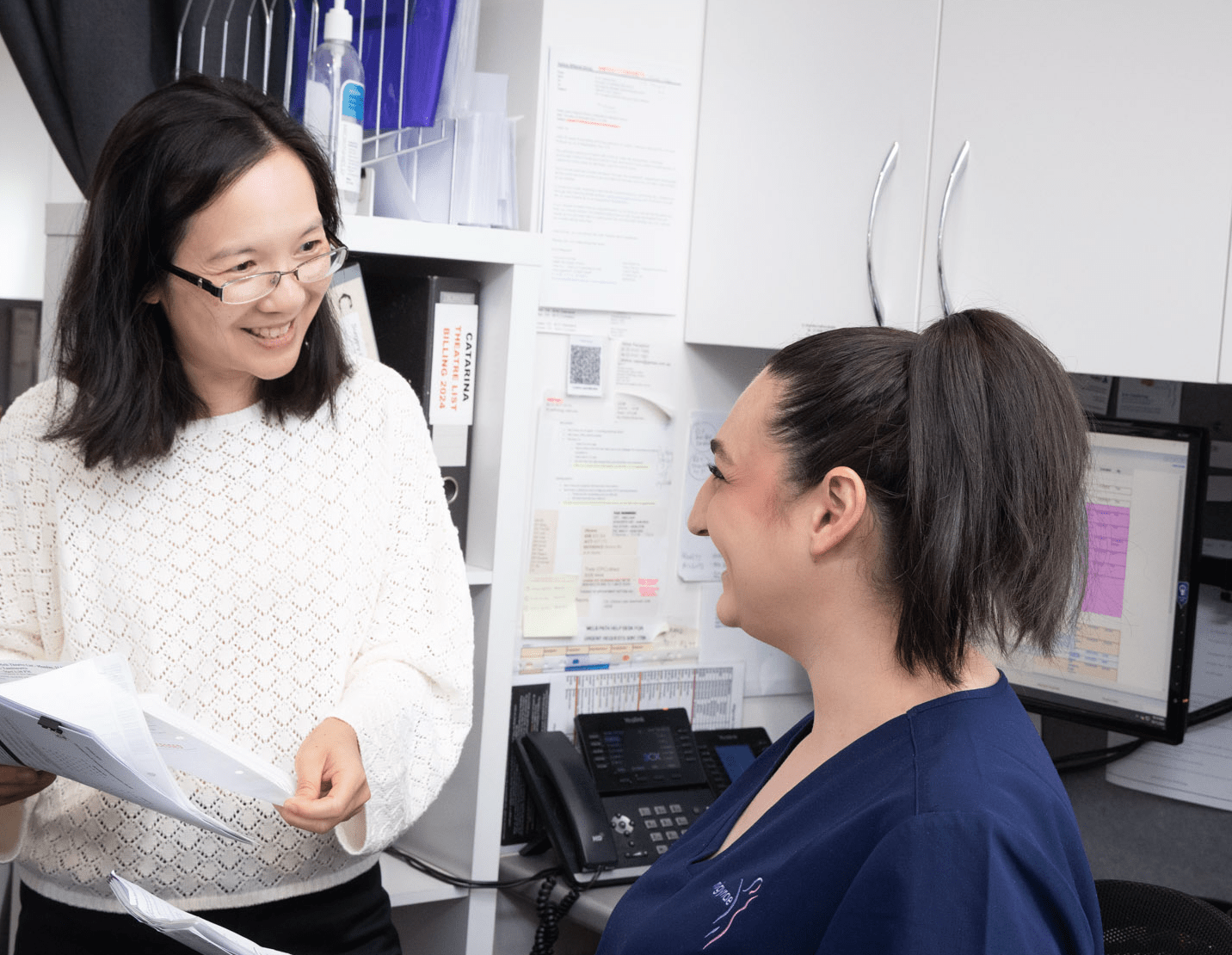
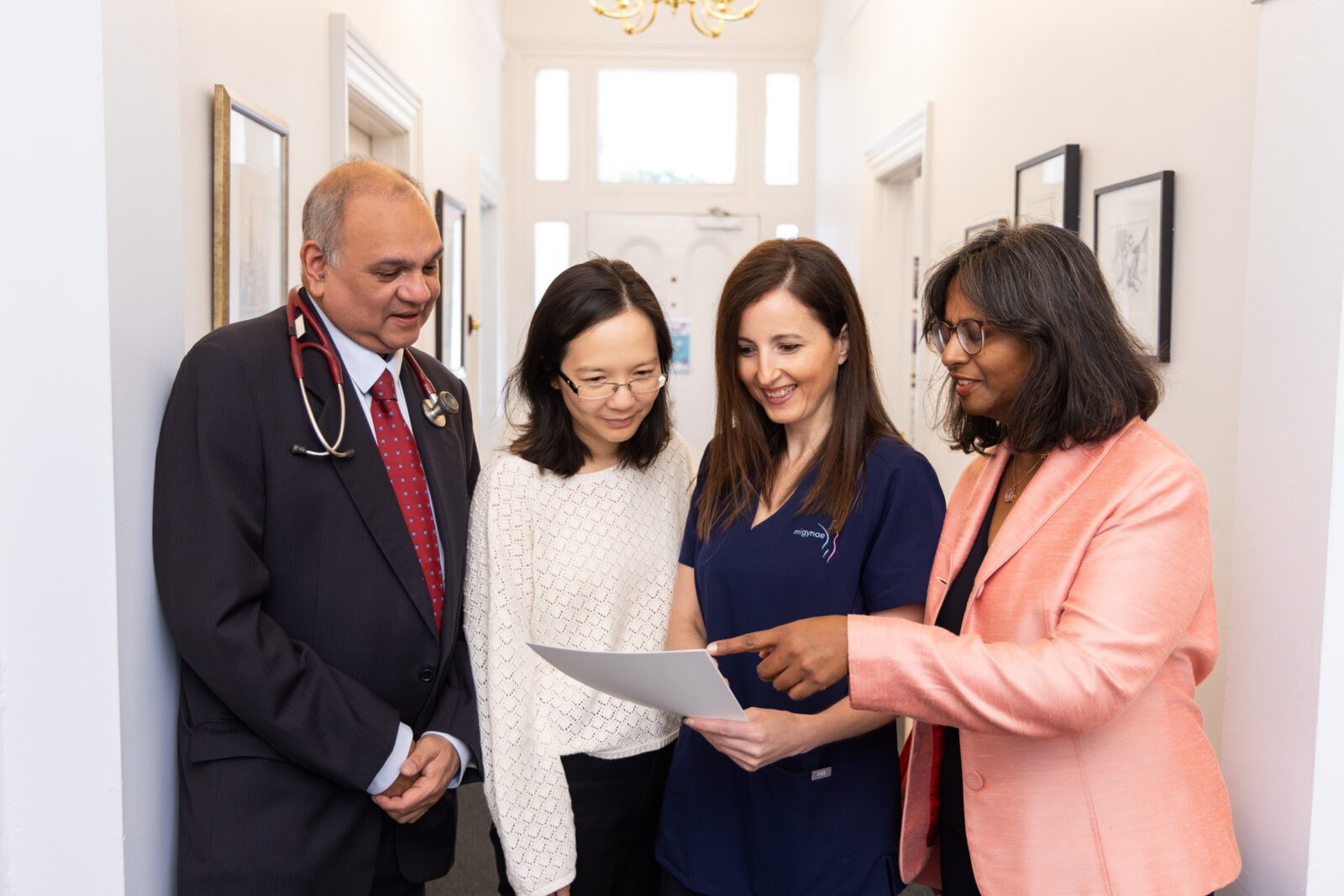
We are a general gynaecology and infertility treatment clinic based in Melbourne, dedicated to the latest minimally invasive gynaecological diagnostic and surgical techniques. We are leaders in laparoscopic and cutting-edge robotic surgery.
If you have a question about a condition or treatment, or would like to book an appointment, please get in touch.